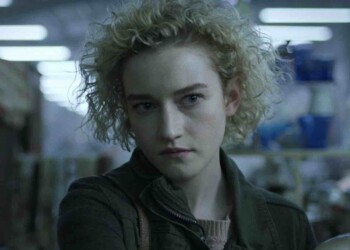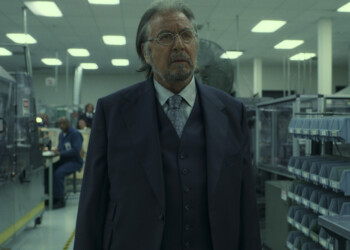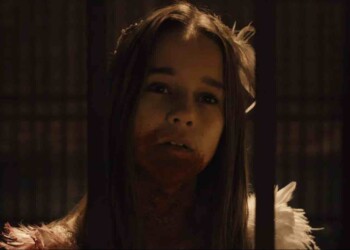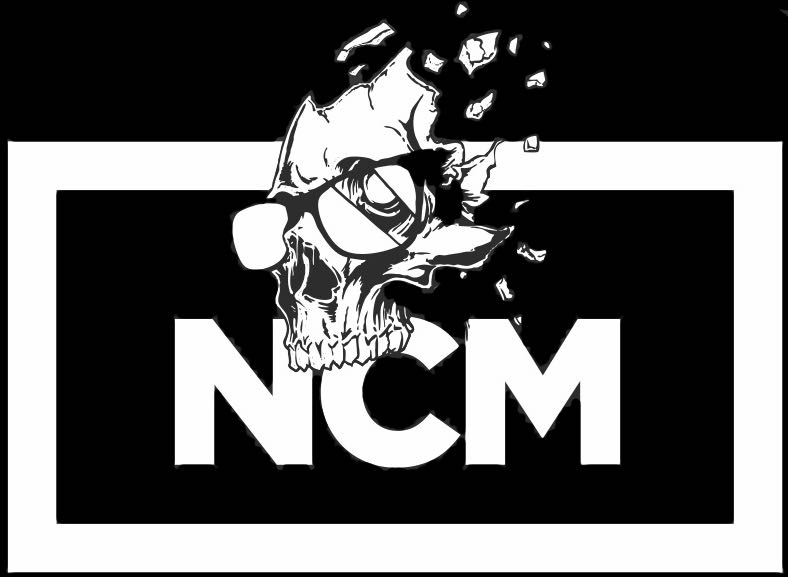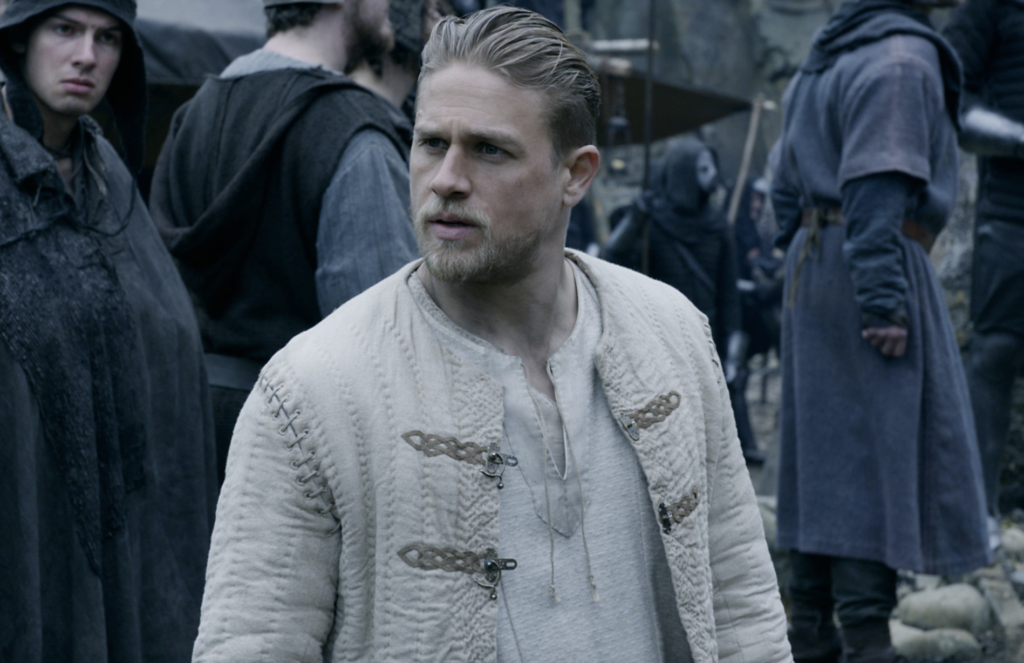
The stories of King Arthur are the basis for so much of our view about British history, with myth and legend all rolled into tales of epic feats, chivalry, beasts, and battles. Historians, to this day, are unable to confirm Arthur’s existence but many areas of rural Britain have whole industries based around his presence in their lands.
“This is where Arthur’s Castle was”, boasts the tiny Cornish town of Tintagel. Glastonbury Tor in Somerset is linked with the Arthurian legend and is claimed to be the Isle of Avalon where Arthur’s body was taken after his death. The area along the English / Welsh border known as The Marches abounds with tales of Merlin and Arthur. Some historians speculate that he was a 6th Century warrior who led his armies against the Saxon invaders.
There are so many stories, and they are part of our conscience. The Sword in The Stone, The Lady of the Lake, Guinevere, Merlin, the Knights of The Round Table and Sir Lancelot. There have been highly successful TV adaptations of the stories in recent years including the BBC’s Merlin, but it did not exactly put a spell on viewers in America where figures were underwhelming.
The myth is also prevalent in gaming, you can pick up Arthurian merchandise everywhere and the list of video games that draw on the legend is enormous. Even Sonic the Hedgehog had an adventure with The Black Knight in a 2009 version of the game. There is also an Arthur Pendragon video slot which can be played at a number of no deposit bonus casinos including Borgata.
There have been many film interpretations of the myths including Monty Python’s hilarious Holy Grail and John Boorman’s Excalibur which in 1981 attempted to bring Malory’s entire Le Morte D’Arthur to the screen in one fell swoop. Then Hollywood had another idea. In 2017, King Arthur Legend of the Sword was released and billed to be the first in a series of six films in an Arthurian cinematic universe. Five years on and that universe looks to be little more than a myth itself.
Despite having a production budget of $175 million and Guy Ritchie in the director’s chair the film was not a success. Critics were not on board with the pace of the film and how much of the classic story and characters had been left out. The film followed Arthur (played by Charlie Hunnam) as he discovered his royal lineage when he pulled the magical sword Excalibur from a stone. He then set out to destroy the tyrannical King Vortigern (played by Jude Law) who had killed Arthur’s father Uther Pendragon.
The end of the film did see Arthur start to build a round table where his knighted friends would meet, and he took up his position of King. However, Lancelot and Guinevere never made an appearance in the film. They were meant to be introduced in later films in the franchise, but the scale of the flop meant they only exist in fans’ imaginations.
It was marketed as a big, epic adventure. Warner Brothers must have been hoping to create a shared universe in the way in which the Harry Potter franchise had done with theme parks and spin-offs. Ritchie’s name was considered to be a seal of guarantee on the success of the film, but it ended up being an epic failure. It grossed $148 million at the box office, $27 million less than it had cost to make. Given the scale of the flop of the film, it would be more surprising to find out that Warner Bros had continued with the project for six films.
So, the legends live on in the storybooks and in our imaginations but never quite meet expectations on the silver screen. The magic just doesn’t seem to come alive unless we are laughing along with the madness of Python.


